Application of sodium alginate in food industry
Sodium alginate is an indispensable water-soluble dietary fiber for the human body, which has an auxiliary curative effect on the prevention of colon cancer, cardiovascular disease, obesity, and the accumulation of lead and cadmium in the body. It is known as "health and longevity food" in Japan, and is called a wonderful food additive in the United States. As a kind of alginate, it is widely used in the field of food because of its good thickening, film-forming, stability, flocculation and chelating properties.
1. Functional food sodium alginate is an indispensable dietary fiber for the human body. It has unique nutrition, can combine with organic matter, reduce cholesterol in serum and liver, inhibit the increase of total fat and total fatty acid concentration, and can also improve the digestion and absorption of nutrients. At the same time, it also inhibits the absorption of harmful elements such as radioactive strontium and cadmium in the body. Sugar-lowering music, sweet jelly, fruit juice powder, orange juice, etc. prepared with sodium alginate, long-term consumption will help treat hypertension, coronary heart disease, obesity, diabetes and diseases of the intestinal system. For health food, sodium alginate is generally dissolved in water with auxiliary materials, mixed evenly, and then solidified into pellets, strips, and fibrous paper, which can be made into solid beverages or imitation meat foods. As a food additive, sodium alginate accounts for about 10% of the total in Japan.
2. Biomimetic food Sodium alginate gel shows unique advantages in the field of biomimetic food, and can be made into various forms of biomimetic food according to needs, mainly including imitation meat food, imitation fruit food, imitation aquatic food, artificial potato chips, etc. . Sodium alginate has been successfully used to make fibrous artificial beef and muscle imitations. Artificial jellyfish is made of sodium alginate as the main raw material, added with nutritional condiments such as soybean protein and monosodium glutamate, and processed into a soluble calcium salt solution to simulate the shape, color and flavor of natural jellyfish. It is suitable for cold dishes, and has the crispy and tender flavor of natural stings.
3. In the production of dried noodles and instant noodles, 0.2%-0.5% of sodium alginate is added to the noodle products, which can obviously increase the viscosity, prevent brittleness, and improve the gluten value to a certain extent. It can effectively reduce the rate of broken ends, and is resistant to cooking, foaming, non-stick, strong gluten, high toughness, delicate taste, smooth and chewy.
4. Baked foods can be used in cakes and bread premixes, or added in the production of breads and cakes. The addition amount is 0.1%-0.5%, which can prominently prevent aging and drying, reduce crumbs, and taste strong and tasteful. it is good. Enhance dough gluten strength, improve dough air-holding performance, increase bread specific volume, fine internal structure, elasticity and good taste. Good water retention, improve anti-aging effect and prolong product shelf life. Also helps in emulsification of egg yolks in cakes. Increase the specific volume of the cake, the pores are fine and uniform, soft and elastic. Easy demoulding and smooth appearance.
5. Jam-like water-retaining and shaping, made into gel-type jam, easy to spread, smooth and elastic to reduce the separation of falling water. Baking resistance, after high temperature baking, it still retains the unique flavor of fresh fruit, the sauce body is full, the fresh fruit flavor is obvious, the surface is smooth and elastic, the body is full, the taste is fine, and the water analysis is reduced.
6. Milk products and beverages Sodium alginate can be used as a stabilizer for frozen milk, frozen fruit juice and other beverages. Adding an appropriate amount of sodium alginate to frozen milk can significantly increase the taste without stickiness and stiffness. In particular, adding 0.2%-1% sodium alginate to yogurt can maintain and improve its curd shape, prevent viscosity drop during high-temperature sterilization, and prolong storage period to keep its special flavor unchanged. It can also be used as a thickening and emulsifier for margarine. In addition, it can be added to beverages to make refreshing fruit-flavored syrup with saccharin and accessories, which has a smooth and uniform taste and is stable and does not delaminate.
7. When producing ice cream, popsicles and ice cream, 0.1%-0.5% sodium alginate is generally added as a stabilizer. The prepared mixture is uniform, and it is easy to adjust the fluidity of the mixture when it is frozen, and it is easy to stir. The prepared product has good shape retention, smoothness and fineness, good taste, does not form ice crystals during storage, and can stabilize the air bubbles therein, and the expansion rate of the product is increased by about 18%. Increase output by 15%-17%, while making the product soft and elastic.
8. Meat products add 0.3%-0.8% sodium alginate to meat sausages, which can retain water, oil, increase elasticity, increase brittleness, and improve sliceability. At the same time, making bionic fat can reduce costs and be beneficial to health. It can also improve the utilization rate of minced meat when reconstituting meat products, with high bonding strength and wide range.
9. Application of popping pearls sodium alginate and calcium ions to form gel and film. The interesting leisure products manufactured have good taste. After the beads are formed, they are put into the cigarette holder and wrapped with various flavors and pigments and other accessories.
 call us :
call us :  send a message :
send a message : 









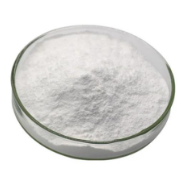
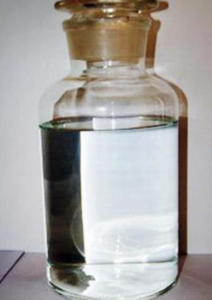
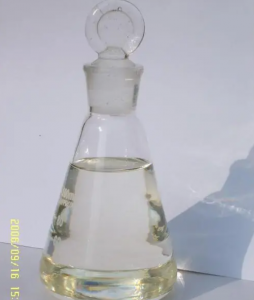
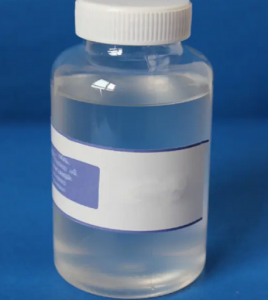

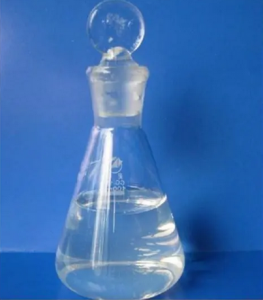














 online service
online service +8613866722531
+8613866722531

 +8613866722531
+8613866722531